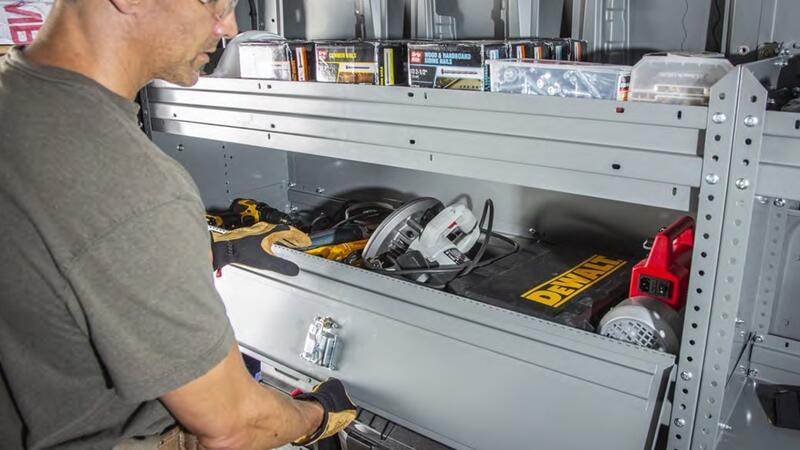Innovation as a hub for better business
With a long and rich history that began in 1953, Adrian Steel understands the importance of delivering solutions focused on meeting customer needs and delivering value. The company started in Michigan as a small steel structural warehouse with four employees. Today, it’s a leader in the van and truck equipment industry, with more than one million vehicles fitted.
Adrian Steel has grown into a quarter of a billion-dollar company with multiple business segments with independent business and innovation needs. And part of that innovation includes open source ERP. After evaluating several vendors, Adrian Steel began an ambitious implementation to enhance its already efficient internal processes, including sales, purchasing, inventory, and accounting.
The company partnered with OSI to collaborate on an Odoo open source solution that would meet their needs. The objective was to provide holistic data and workflow integration around existing processes that already worked, while also empowering individual offices to see and interact with data as needed to improve their processes.
The result is a true example of the benefits of open source: an end-to-end solution that caters to the company rather than requiring a lot of process reengineering.

Situation
Adrian Steel takes pride in the lean manufacturing practices applied throughout the business, which includes its warehouse, retail stores, and installation facilities. And the organization has always applied innovation to every aspect of its business.
With more than 25 years of experience, which includes working at a premier lean manufacturing location, Lisa Murry has seen ERP systems from their inception through to the many variations today. And at Adrian Steel, she helped oversee the company’s initial Odoo implementation for their retail locations. In 2018, Adrian Steel deployed Odoo software to help manage enterprise data. While successful in implementation, the company wanted to take its system to new heights of productivity.
After looking at several possible partners to help extend its Odoo ERP solution, the company selected OSI because it operated under the same principles: listening to the customer first, observing requirements, and then offering possibilities based on intent.
“OSI was willing to listen and collaborate,” said Lisa Murry, Business Analyst and IT SM Lead, Adrian Steel. “They wanted to understand our business at a deep level and support us, not just Odoo software. It’s really about forming that trust and partnership, which is what we did with OSI.”
More than strategic consulting, risk mitigation, and implementation services, Lisa points to OSI’s ability to put people and purpose first before software that was a differentiator in the successful collaboration.
Adrian Steel had implemented Odoo for other business areas, starting on Odoo SaaS platform. Eventually, they pivoted to the more flexible Odoo Enterprise. The company wanted to extend its benefits—specifically, its powerful management and tracking tools—to successfully deliver on multiple business goals outside the software’s original purpose.
“OSI was willing to listen and collaborate. They wanted to understand our business at a deep level and support us, not just Odoo software.-”
Lisa Murry
Business Analyst and ITSM Lead, Adrian Steel
Approach
Adrian Steel sought a solution that supported its existing processes since they worked; it did not want to reengineer processes to fit the software. Specifically, they wanted digital tools—similar to the many physical tools already in place within the organization—that made current tasks easier to execute, in the same way a hammer or drill helps one of its manufacturers.
They also wanted Odoo integration with the company’s AS400 system, located in company headquarters, so that other business locations could seamlessly exchange accounting and additional information, while also maintaining localized data for their own location-based analysis and reports.
OSI consultants analyzed existing systems to assess opportunities for Odoo supporting current methods and business goals at multiple locations, including retail sites and its graphic design business location. After extensive joint review of legacy systems, applications, and manual methods, they designed an Odoo open source ERP platform that fully supported business processes and improved business habits.

“We quickly discovered they would follow through on what they said, and they would be there with us.-”
Lisa Murry
Business Analyst and ITSM Lead, Adrian Steel
The result was a tailored approach using a unique four-step integration process.
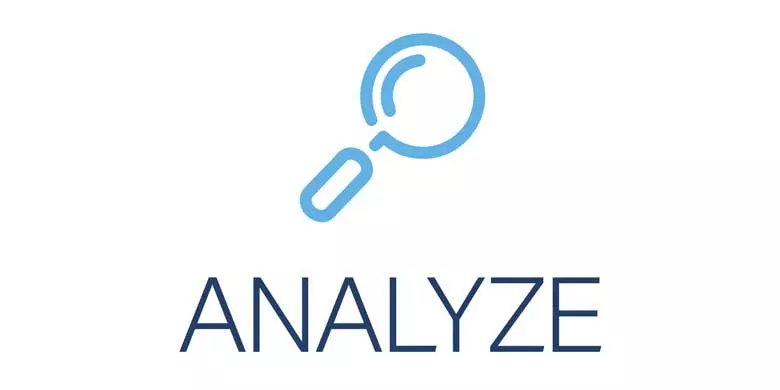
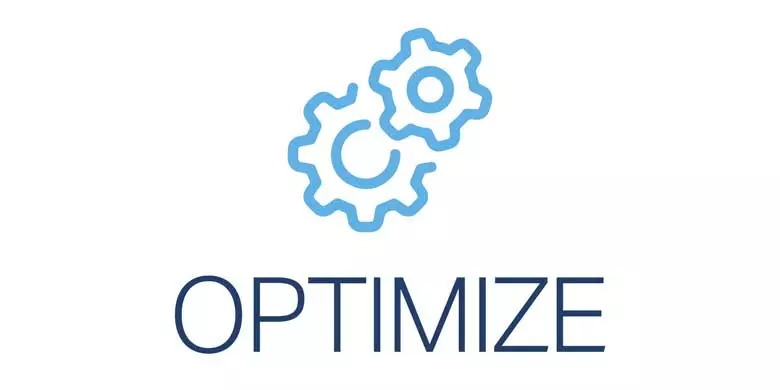
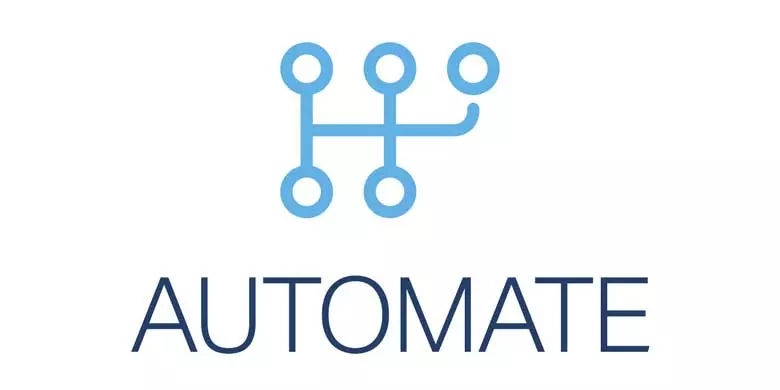
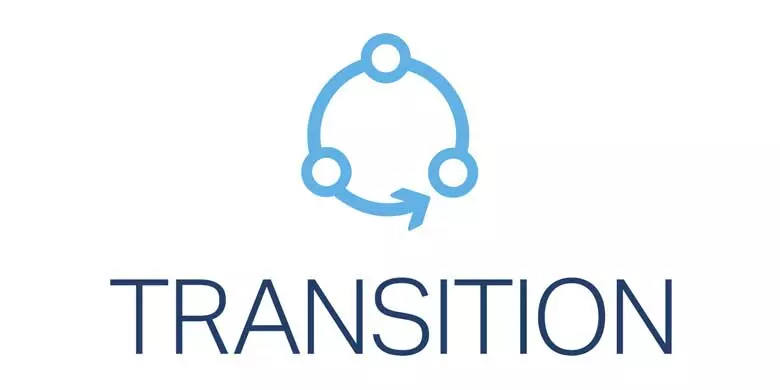
“The partnership became very trust-driven. They helped us get things right and on the right track.-”
Lisa Murry
Business Analyst and ITSM Lead, Adrian Steel
Process
A cornerstone for Adrian Steel’s efficiency involves its application of lean principles and Kanban. For years, Adrian Steel has applied lean principles to help its retail company’s manage inventory efficiently, whether for cargo vans, pick-up trucks, cargo trailers, or vocational uplifts. It uses these principles to eliminate waste, optimize processes, cut costs, boost innovation, and reduce time to market.
OSI helped with configuring and customizing Odoo open source ERP applications to manage functional areas of the enterprise, from inventory control to finance, quality, shipping, receiving, sales, and customer service. And as part of enhancing its lean principles, Odoo supports Kanban, which is a lean principle that leverages visual management to drive workflow and eliminate waste.
Using Odoo to augment existing Kanban methods eliminates the weak points of the Kanban system. Odoo manages the historical sales and product data.
By applying open source software to lean principles and Kanban methods, Adrian Steel achieves several operational advantages:
- Streamlined complexity around data and systems
- Bottleneck removal and goals for optimization
- Improved decision support for existing processes
- Enhanced processes and resource management
- Optimized inventory management and delivery
Results
Today Adrian Steel has several use cases that have improved how it operates. Odoo can help organize the data more efficiently used by a warehouse staffer to print their item pick list, which is color-coded and sorted to support the flow of the Kanban floor. The employee performs their regular duties, such as pulling a part based on the color-coded list that matches color-coded item bins and using a faster, more straightforward solution to get their necessary data (the pick list).
This aspect of the Odoo solution is a customized piece that serves as an example of the power of open source; OSI and Adrian Steel fit the software to meet their exact needs and support their existing processes. And the system highlights the next action a user needs to take to follow the process, which accelerates work and removes opportunities for error.
On the purchasing side, the Odoo implementation helps Adrian Steel adjust purchasing kits, which typically contain items and quantities often ordered together but can be customized to meet specific customer needs. Odoo allows an order entry user to easily manipulate kits with additional products or when items should be removed based on a custom order.
Sales and purchase orders are improved using a holistic approach to data. In Odoo, a sales order automatically generates a customer record that acts as an “anchor,” which integrates several pieces of information such as:
The anchor holds links to all relevant information together so that as people perform tasks, they do not have to switch applications or interfaces. It’s available as a complete record. And for the company’s graphics center, which builds designs, labels, and the visual elements for the outside of vehicles, Odoo’s CRM helps manage customer data.
A complete solution
Adrian Steel has successfully deployed Odoo to control their destiny—they set a goal to remove complexity and find the right tool to support the business. The company partnered with OSI to optimally configure open source software to meet this goal, with minimal customization and seamless backend integration with systems, to ultimately create business efficiencies, remove waste, and reduce costs.
“By partnering with OSI and using systems like Odoo, we work faster, smarter, and better. Starting simple is the key to success.-”
Lisa Murry
Business Analyst and ITSM Lead, Adrian Steel


